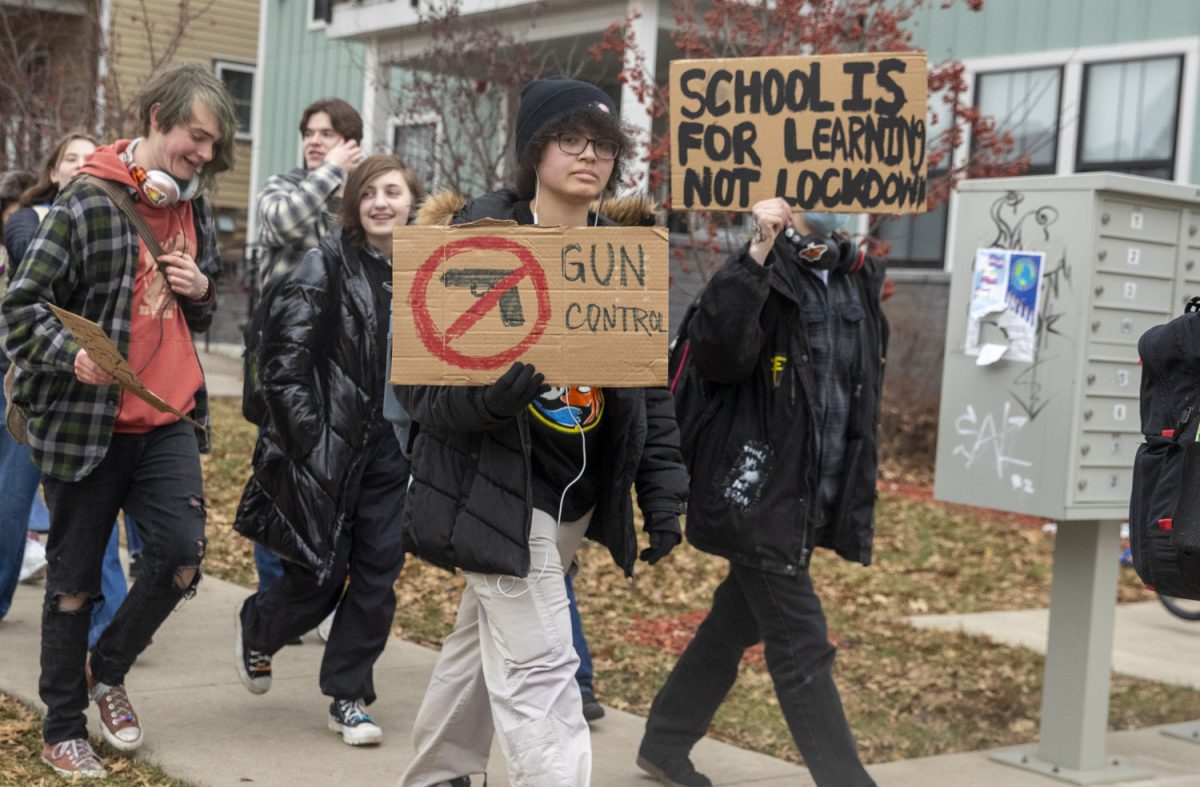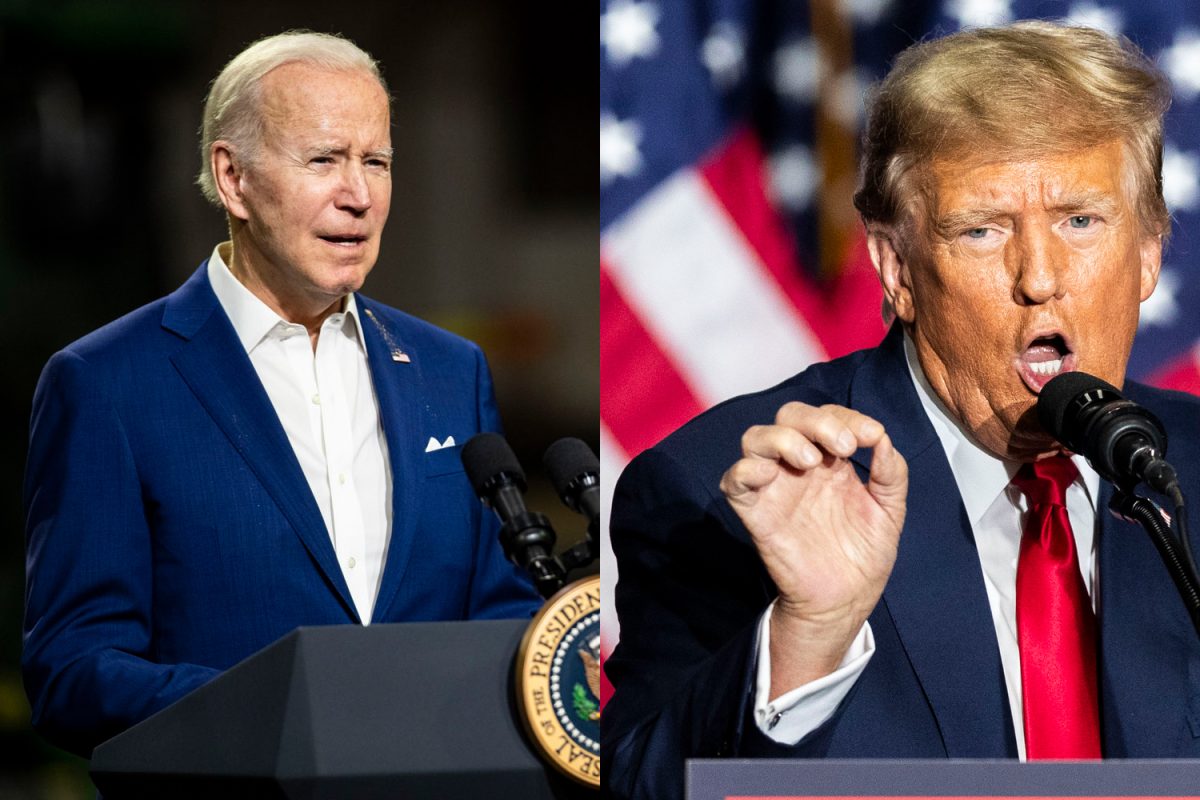When police are guilty of unwarranted violence, financial incentive often becomes the fail-safe remedy for an absence of moral accountability, and it could very well be the solution to the problem of enforcing accountability for law-enforcement agencies. There are companies that offer municipal liability insurance that covers cities, states, and other governing bodies, and by extension, the employees of those entities such as the police.
As a result, these companies can play a pivotal role in the shaping of policy and increased accountability when it comes to the operation of law enforcement. It is the idea of loss-prevention that motivates municipal-liability insurance companies to play an active role in monitoring the actions of the municipalities they insure. If we cannot depend on the entities themselves to enact the necessary changes to ensure proper performance, perhaps we can look to the financial institutions that these entities ultimately end up answering to.
While large cities can at times shoulder the weight of multimillion-dollar settlements such as the ones following the cases of police-caused deaths of Tamir Rice, Freddie Gray, and Eric Garner, smaller municipalities are often dependent on liability insurance when faced with expensive lawsuits.
Although a price tag cannot be applied to the value of life, we applaud when families of victims are awarded large settlements even when they are partially paid for by taxpayers and not the police guilty of the malfeasance. Ideally, a system would be put in place that holds police officers financially accountable for their actions. However, doing so may possibly limit the amount of money that could then be awarded in settlements as numerous multimillion dollar settlements could bankrupt an entire police force.
In lieu of holding police entirely financially accountable, looking toward the companies that offer liability insurance could be the next best thing. Granted, the amount of clout municipal liability insurance companies have over larger cities is limited due to the size of population and corresponding ability to subsidize with taxpayer money or self-insure. However, the power of these companies to act as regulators can be seen on smaller scales, such as those found in Lincoln Heights, Ohio, Maywood, California, and Point Marion, Pennsylvania, where police departments were shut down after liability insurance was pulled. In these scenarios the threat of losing liability insurance necessary to cover large settlements outweighs the reluctance to change the system that incites such settlements.
The implementation of large-scale municipal liability insurance has potential drawbacks such as encouraging municipalities to slack on enforcement of proper procedure because they would be covered for them. At the same time, it cannot be said that cities do not already slack in the department of enforcing accountability even given the unmitigated financial stakes. Still, reducing the amount of burden placed on taxpayers for actions in which they are not directly responsible hardly sounds like a bad idea. The goal should not be to tie moral accountability to financial incentive, but if that is what is necessary to at least combat a trend of police brutality, it should be implemented. If we cannot depend on the conscience of cities to guide them in the proper direction, perhaps we must look toward their checkbooks instead.







